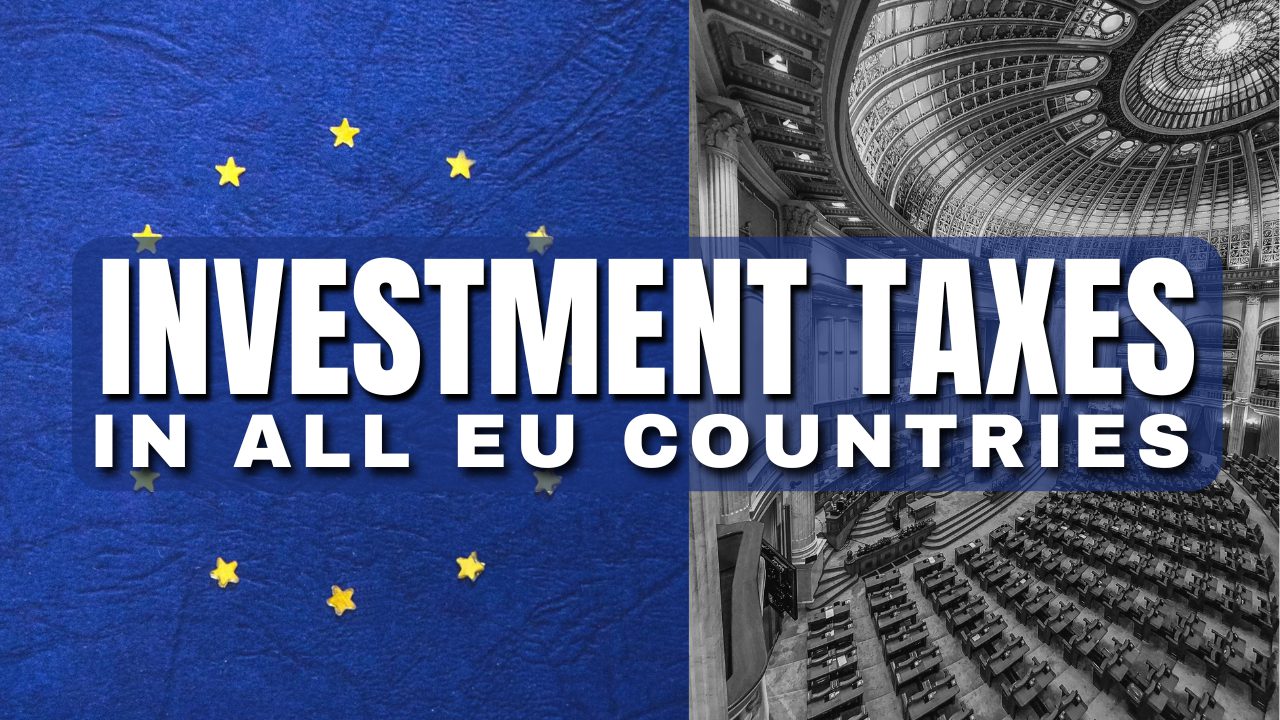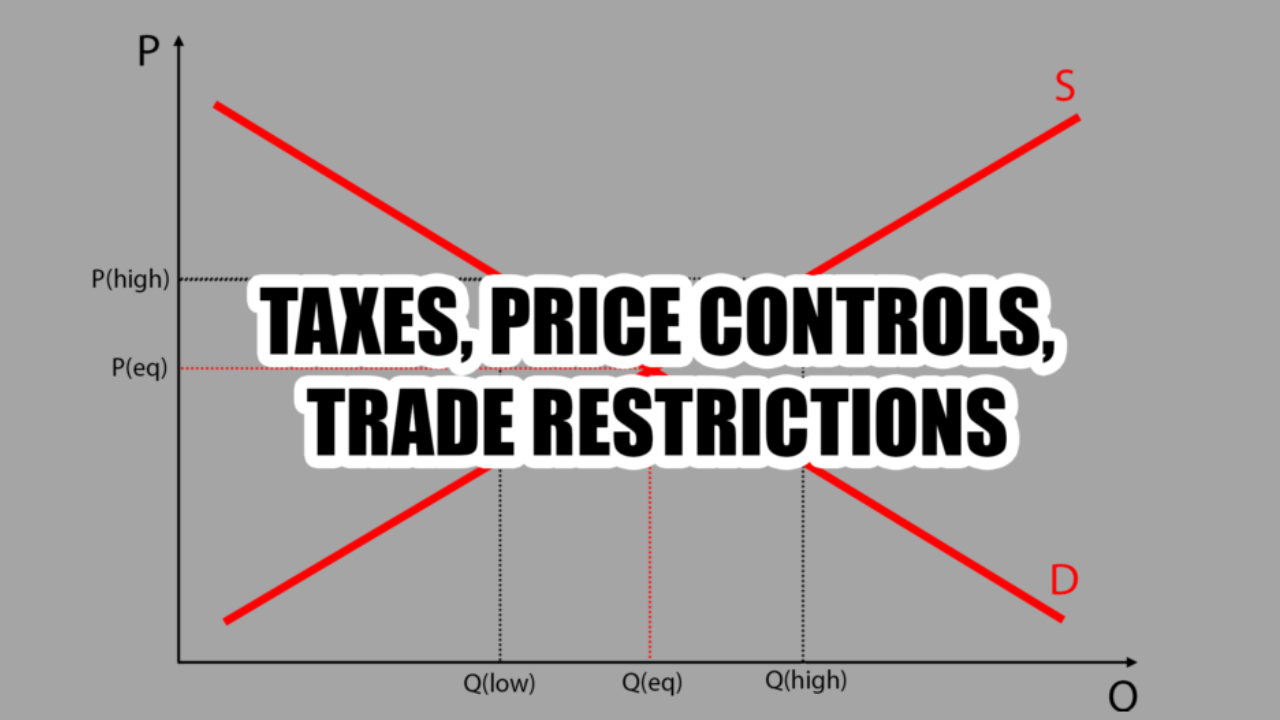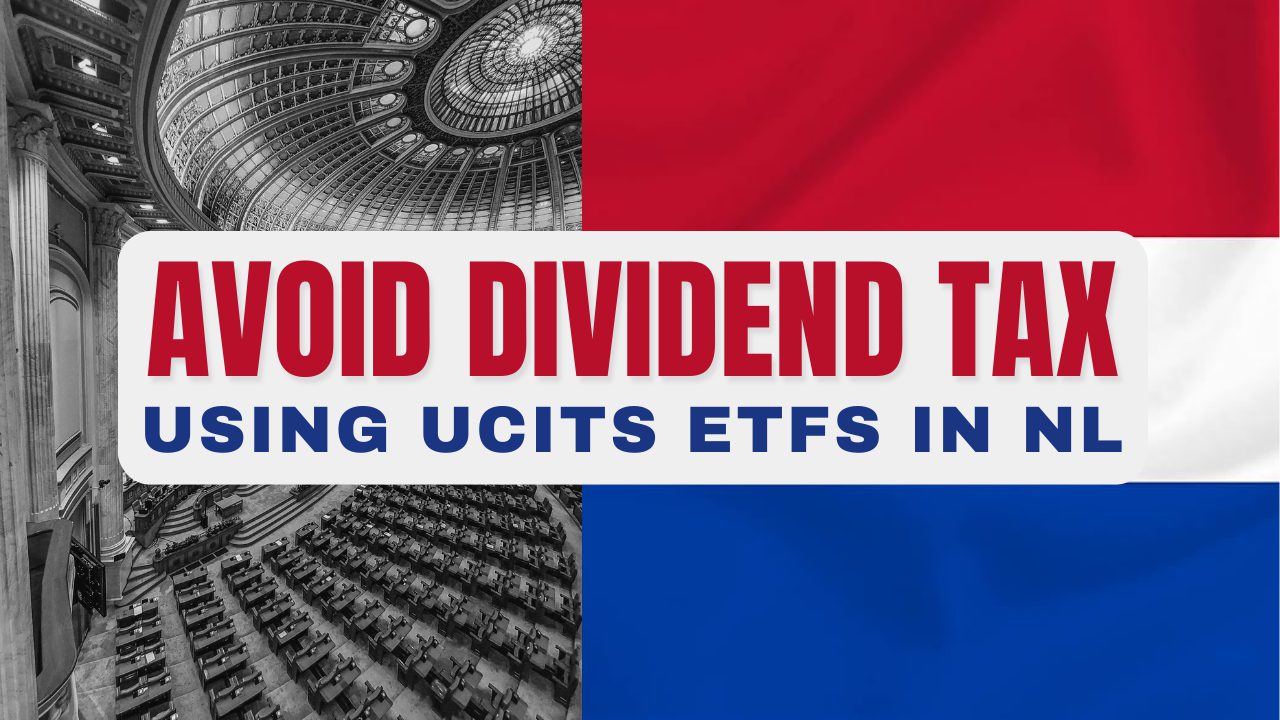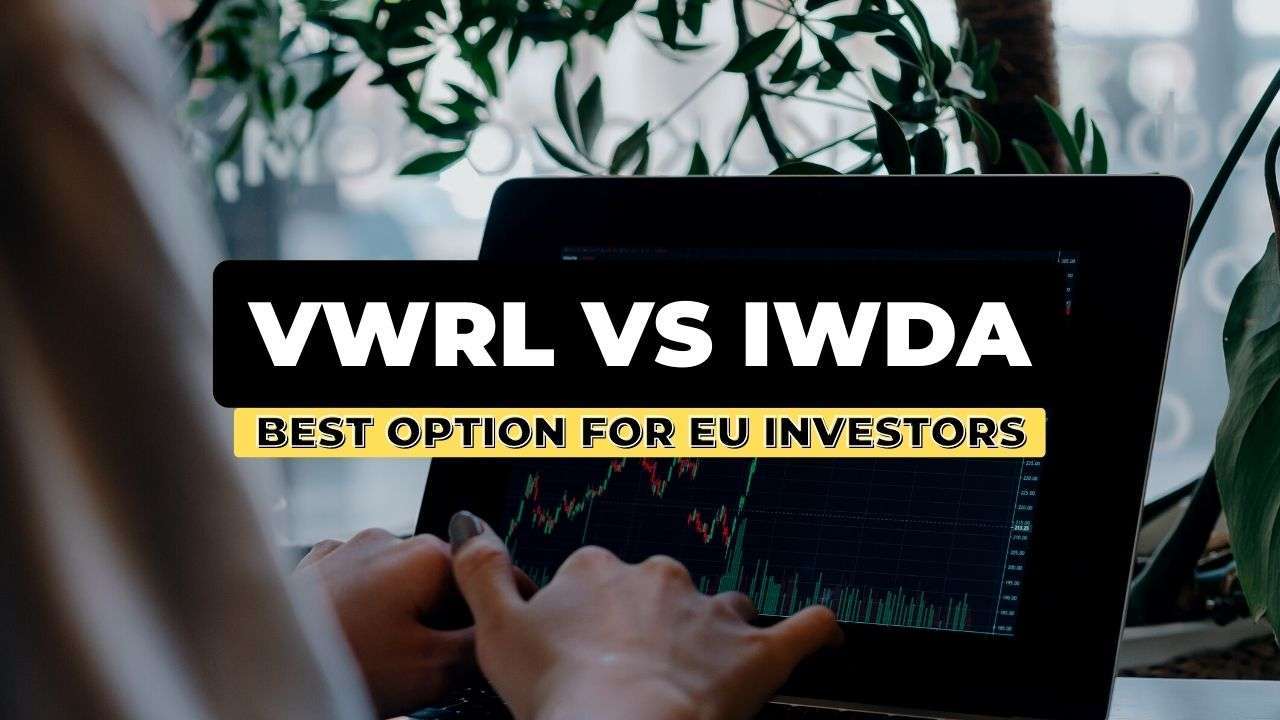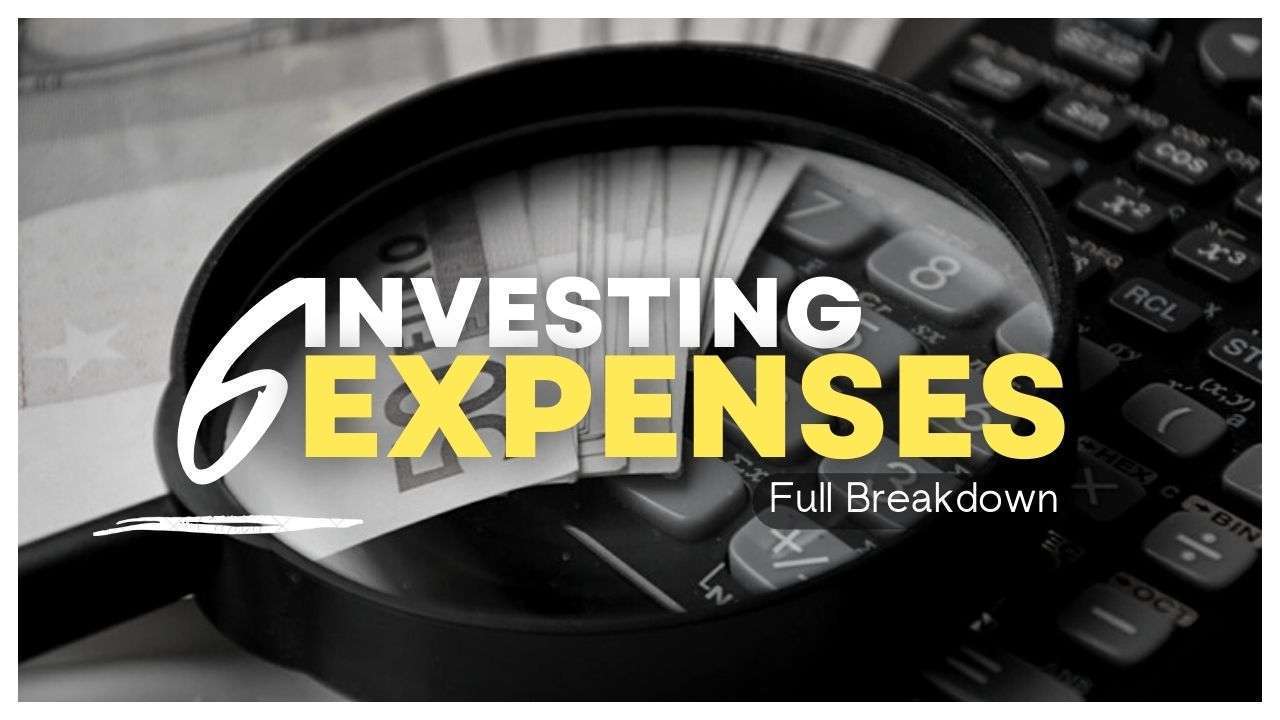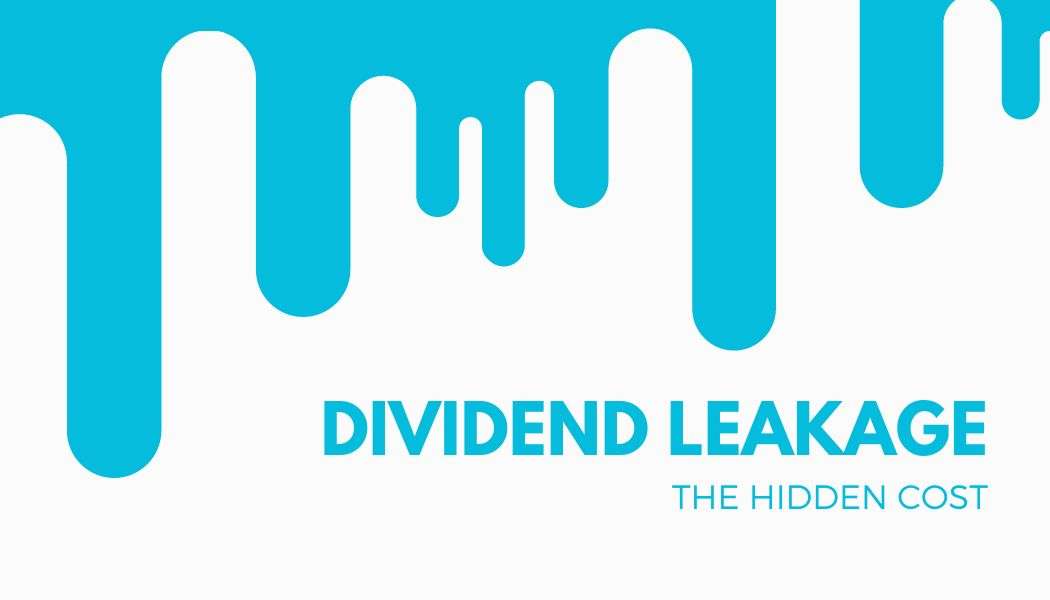
If you’re an index investor, you might want to compare the treatment of profits across various countries.
Whether you plan to live off of your portfolio or simply want to optimize while accumulating, understanding the tax framework is of utmost importance.
In this post, I’ll do a detailed breakdown of how UCITS ETFs are taxed in all EU countries.
| Lowest CGT Rate | Explanation | Highest CGT Rate | Other Taxes | |
|---|---|---|---|---|
| Austria | 27.50% | 27.50% | ||
| Belgium | 0.00% | For long-term holding | 33.00% | |
| Bulgaria | 0.00% | For UCITS ETFs | 10.00% | |
| Croatia | 0.00% | If held >2 years | 12.00% | |
| Cyprus | 0.00% | For UCITS ETFs | 20.00% | |
| Czech Republic | 0.00% | If held >3 years | 23.00% | |
| Denmark | 27.00% | Up to ~€8k | 42.00% | |
| Estonia | 0.00% | Up to €6k | 20.00% | |
| Finland | 30.00% | Up to €30k | 34.00% | |
| France | 30.00% | 35.00% | ||
| Germany | 27.00% | 28.00% | ||
| Greece | 0.00% | For UCITS ETF | 15.00% | |
| Hungary | 0.00% | In a TBSZ account | 15.00% | |
| Iceland | 22.00% | 22.00% | ||
| Ireland | 0.00% | Up to €1.3k | 33.00% | |
| Italy | 26.00% | 26.00% | Wealth tax | |
| Latvia | 20.00% | 20.00% | ||
| Liechtenstein | 0.00% | 0.00% | Wealth tax | |
| Lithuania | 15.00% | Up to €238k | 20.00% | |
| Luxembourg | 0.00% | If held >6 months | 15.00% | |
| Netherlands | 0.00% | 0.00% | Wealth tax | |
| Norway | 37.84% | 37.84% | Wealth tax | |
| Malta | 0.00% | 15.00% | ||
| Poland | 19.00% | 19.00% | ||
| Portugal | 28.00% | 28.00% | ||
| Romania | 10.00% | 10.00% | ||
| Slovakia | 0.00% | If held >1 year | 21.00% | |
| Slovenia | 0.00% | If held >15 years | 25.00% | |
| Spain | 19.00% | Up to €6k | 26.00% | Wealth tax |
| Sweden | 0.00% | In an ISK account (0.9%) | 30.00% | |
| Switzerland | 0.00% | 0.00% | Wealth tax |
Note: this post assumes a complete allocation in non-distributing ETFs. If you need a more generalized tax comparison post for EU (including dividend and exit taxes), head to: Investment Taxes in all EU Countries.
Capital Gains Tax in Austria
Capital Gains Tax in Austria: 27.5%.
Note that Austria taxes the dividends even when holding accumulating funds, so going for dividend paying ETFs might be more straight forward for tax reporting purposes.
Capital Gains Tax in Belgium
Capital Gains Tax in Belgium: 0%.
Applicable only if you’re considered a “prudent investor”. That means managing a relatively passive, long-term portfolio for yourself or your family (not an active/professional trader or short-term speculator).
Otherwise, the capital gains tax rate is 33%.
Capital Gains Tax in Bulgaria
Capital Gains Tax in Bulgaria: 0% on UCITS ETFs.
In general case it’s 10%, but UCITS ETFs are out of scope.
Capital Gains Tax in Croatia
Capital Gains Tax in Croatia: 0%.
This rate is applicable if the ETFs are held for more than 2 years. Otherwise, it’s around 12%.
Capital Gains Tax in Cyprus
Capital Gains Tax in Cyprus: 0%.
Generally 20%, but UCITS ETFs are not in scope.
Capital Gains Tax in Czech Republic
Capital Gains Tax in Czech Republic: 0%.
Applicable if shares were held for 3+ years. Otherwise, it’s the personal income tax rate (15% or 23%, depending on total income).
Capital Gains Tax in Denmark
Capital Gains Tax in Denmark: 27% or 42%, depending on personal income tax rate.
The profits are added in the personal income and taxed as such. So the rate depends on the total annual earnings, the threshold being ~€8k.
Capital Gains Tax in Estonia
Capital Gains Tax in Estonia: 20%.
Capital gains are taxed as normal income with an annual tax exemption of ~€6k.
Capital Gains Tax in Finland
Capital Gains Tax in Finland: 30% up to €30k, 34% above that.
Capital Gains Tax in France
Capital Gains Tax in France: between 30% and 35%.
Wealth Tax in France: ETFs are not in scope, but worth mentioning that France imposes wealth tax of 0.5-1.5% on worldwide real estate valued above ~€1.3M.
Capital Gains Tax in Germany
Capital Gains Tax in Germany: Around 27-28%.
The approximation is due to the 25% flat rate + “solidarity tax” + “church tax” where applicable.
Capital Gains Tax in Greece
Capital Gains Tax in Greece: 0% for UCITS ETFs.
In general case, it’s 15%.
Capital Gains Tax in Hungary
Capital Gains Tax in Hungary: 15%.
Capital gains are included in the personal income tax rate.
An investor can choose to open a TBSZ account and then the CGT rate goes to 10% after holding for 3 years and to 0% after holding for 5 years.
Capital Gains Tax in Iceland
Capital Gains Tax in Iceland: 22%.
Capital Gains Tax in Ireland
Capital Gains Tax in Ireland: 33% with an exemption of around €1,300 per year.
Note that for ETFs there is a “deemed disposal” rule after 8 years of holding – you’re taxed 41% even if the gains are unrealized. This is deducted from the tax bill when you eventually sell.
This rule is not applicable for individual stocks or other investments.
Capital Gains Tax in Italy
Capital Gains Tax in Italy: 26%.
Wealth tax in Italy: a separate rate for foreign real estate (around 0.8%) and movable assets (around 0.2%).
Capital Gains Tax in Latvia
Capital Gains Tax in Latvia: 20%.
Capital Gains Tax in Liechtenstein
Capital Gains Tax in Liechtenstein: 0%.
Wealth Tax in Liechtenstein: around 0.2%.
It’s calculated as an assumed growth of the net-worth of 4% and then a personal income tax rate is applied on top of it. The income tax is relatively low in Liechtenstein (from 1% to 8%, the highest one starting at CHF200k).
Capital Gains Tax in Lithuania
Capital Gains Tax in Lithuania: 15% or 20%.
Capital gains are taxed based on the personal income tax rate – 15% until €238k, 20% afterwards.
Capital Gains Tax in Luxembourg
Capital Gains Tax in Luxembourg: 0%.
This rate is applicable if the investments were held for more than 6 months.
Capital Gains Tax in Netherlands
Capital Gains Tax in the Netherlands: 0%.
Wealth tax in the Netherlands: between 1.5% and 2.5% on the amount above ~€57k.
It’s imposed as an ongoing tax on unrealized and assumed gains. More precisely, it’s assumed you realized the market’s long-term returns (6%-7%-8%) and then a 35%-36% rate is applied. Effectively, it’s a wealth tax of ~2%.
Capital Gains Tax in Norway
Capital Gains Tax in Norway: 37.84%.
Explanation: the profits are multiplied by 1.72 and then taxed under the personal income tax rate of 22%. Effectively, it’s a tax of 37.84%.
Wealth Tax in Norway: 1.1% on the assets above NOK20M (~€1.7M).
Capital Gains Tax in Malta
Capital Gains Tax in Malta: 15% to 30%.
People that haven’t lived in Malta before can opt for the non-domiciled resident status and be taxed at 0%.
Capital Gains Tax in Poland
Capital Gains Tax in Poland: 19%.
Capital Gains Tax in Portugal
Capital Gains Tax in Portugal: 0% if held for more than a year, 28% otherwise.
Wealth Tax in Portugal: not relevant for ETFs, but worth mentioning that there’s a wealth tax on real estate worth over €600k (0.7%) or €1M (1%).
Capital Gains Tax in Romania
Capital Gains Tax in Romania: 10%.
Capital Gains Tax in Slovakia
Capital Gains Tax in Slovakia: 0%.
These rates are applicable if the investments were held for more than a year. Otherwise it’s 21%.
Capital Gains Tax in Slovenia
Capital Gains Tax in Slovenia: ~25%.
This amount decreases every 5 years, ending at 0% if the assets are held for more than 15 years.
Capital Gains Tax in Spain
Capital Gains Tax in Spain: progressive, from 19% (until €6k) to 26% (above €200k).
Wealth Tax in Spain: progressive, from 0.3% to 3.5%.
It’s difficult to give the exact numbers as autonomous regions establish “tax reliefs” (deductions) for their tax payers, so it differs per location.
In general, individuals with net-worth between €3M and €10M will end up paying around 2%.
Capital Gains Tax in Sweden
Capital Gains Tax in Sweden: 30%.
An investor can choose to use an ISK account and avoid capital gains taxes. But then, they’ll get a wealth tax treatment and be taxed a percentage of their total portfolio (around 0.9%).
Capital Gains Tax in Switzerland
Capital Gains Tax in Switzerland: 0%.
Wealth Tax in Switzerland: differs per canton, so I’ll use Zurich for illustration purposes.
The wealth tax starts at 0.05% from CHF77k and increases to 0.3% from CHF3.1M.
Afterword
Although Europe has a bad reputation when it comes to taxes, we see that there are quite a few places that welcome (long-term) investors.
There are even countries where you can establish residence and live tax free.
Consider this post a starting point for your further research, without any guarantees for correctness or completeness.
Feel free to reach out for questions or comments. For more content like this, subscribe below.
For more posts covering specific European investing and taxation topics, visit the EU Investors’ Handbook.
 Husband & Father
Husband & Father  Software Engineer
Software Engineer 



